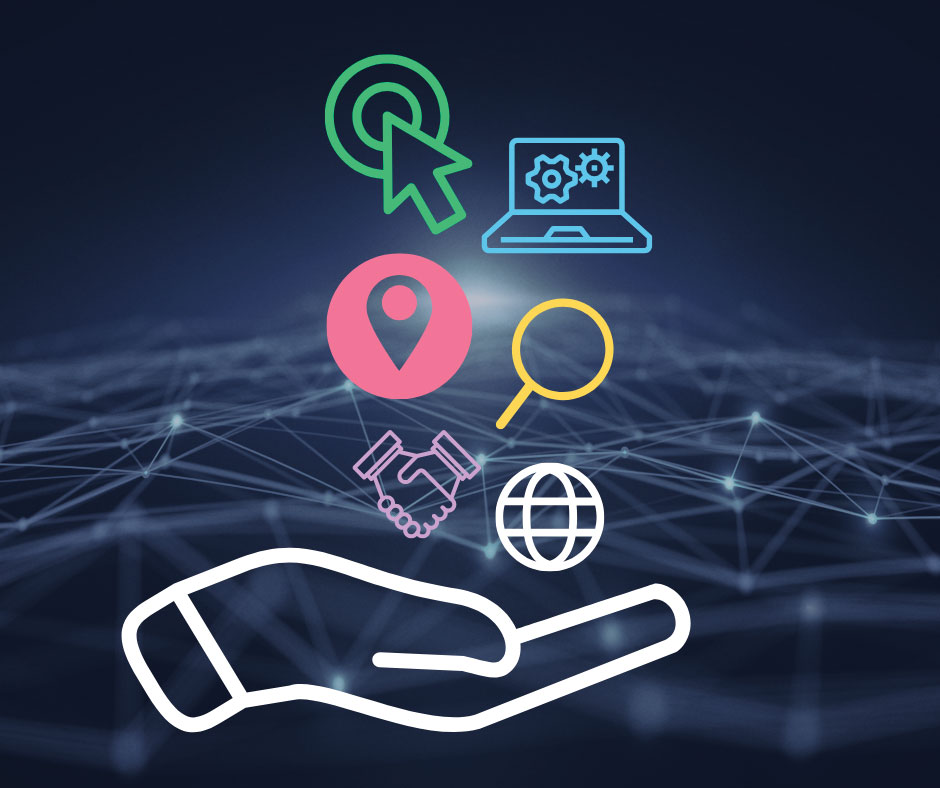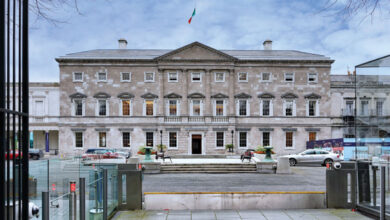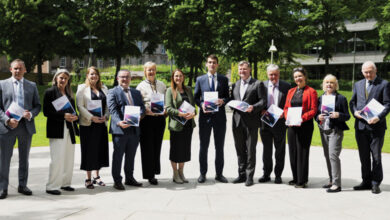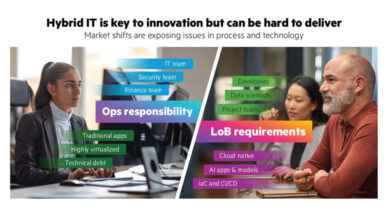The role of .ie in digital government
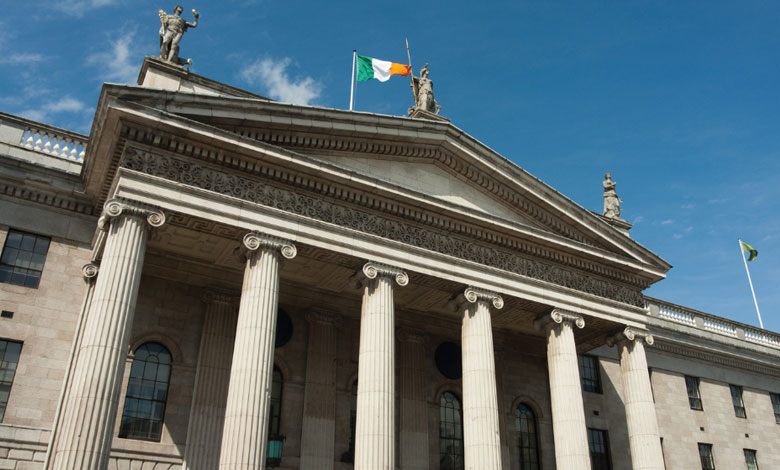
In today’s digital world, a domain name does more than point people to a website. It tells a story about who you are and where you are rooted.
That story begins with .ie, the country’s official domain who are celebrating 25 years of providing government, businesses, communities, and individuals with a unique and trusted online identity.
As the internet continues to evolve, the domain industry has emerged as a vital force in shaping digital governance.
How is this? Country-code top-level domains (ccTLDs), like .ie, offer their nations a tool for asserting digital identity and sovereignty, enabling localised governance aligned with national laws and values.
Operating through a multistakeholder model (which includes governments, the private sector, the technical community, and civil society), the domain industry not only manages the infrastructure of the internet, but it also actively participates in the negotiation and enforcement of the rules that govern it.
Internet infrastructure and access
Domain names are managed through a partnership between registries and registrars, forming the backbone of how we find websites. The .ie domain gives ‘Ireland online’ a distinctly Irish and trusted identity and presence, helping citizens feel confident when accessing official services.
Behind this trust is the Domain Name System (DNS), which ensures users are directed to the services they need while keeping everything running smoothly.
The DNS acts like the internet’s address book, making internet navigation simpler for everyone. It converts complex web addresses into easy-to-read, user-friendly names. This system helps users reach platforms where individuals can connect to essential services with ease.
Digital governance depends on stable and consistent infrastructure to keep services accessible with platforms like MyGov.ie, a portal for managing public services online, and the Public Services Card, which simplify access to multiple state supports. Together these systems make it easier for people to connect with essential services.
Digital identity and sovereignty
Country-code top-level domains like .ie, give nations a unique digital presence that reflects their identity online. These domains empower governments to shape how their country is represented in the digital space. This local governance is crucial for safeguarding national interests and ensuring alignment with domestic laws, cultural values, and governance priorities.
This level of control enables the delivery of trusted and secure citizen services, aligned with their own structure. It is not just about having a domain. It is about owning the digital narrative and ensuring digital sovereignty over how public services are accessed and managed online.
Multi-stakeholder policy in practice
We at .ie play a key role in implementing and enforcing policies that keep the internet running smoothly and fairly. By maintaining clear procedures and safeguards, we help ensure that the .ie namespace remains a trusted digital space for everyone.
We work diligently with our multi-stakeholder Policy Advisory Committee, which provides policy recommendations. This Committee is made up of key stakeholders from the local internet community, including government bodies, the private sector, civil society groups and the technical community. Through this forum, we ensure that the policies that govern the .ie domain namespace are developed in a multi-stakeholder and bottom-up approach.
We engage with the likes of the Department of Enterprise, Trade and Employment, Guaranteed Irish and Digital Business Ireland, civil society groups, and technical experts who provide insight into infrastructure and security. We also collaborate with academic institutions, such as Dublin City University (DCU), whose expertise helped shape our Digital Town Blueprint. The Digital Town Blueprint is a comprehensive research framework that defines what makes a town digitally advanced, using data-driven insights to guide future digital planning, investment, and development at local level aligned to the Town Centre First national policy driven by the Department of Rural and Community Development.
We also regularly take part in fora that impact internet governance at a global level. In 2025, .ie hosted the very first Internet Governance Forum for Ireland. This important event comes as the World Summit on the Information Society (WSIS) is being reviewed after 20 years of ensuring multi-stakeholder internet governance.
This multistakeholder model ensures that no single party dominates how the internet is run. It fosters shared responsibility and open dialogue around decisions that impact digital policy and standards. By actively participating in global discussions on internet governance, .ie helps position Ireland as a strong contributor to the development of international frameworks.
In a time when trust, security, and identity matter more than ever online, the role of the domain industry, particularly country-code domains like .ie, cannot be overstated. More than just a technical label, a domain name represents legitimacy and a local presence.
As Ireland continues to shape its digital future, a .ie domain stands as both a symbol and a tool of national digital sovereignty, supporting economic growth and cultural identity. In the broader context of global digital governance, the domain industry will remain a cornerstone supporting how the internet is structured, accessed, and trusted for the next 25 years and beyond.
W: www.weare.ie

